The Human Touch in Insurance: Reinventing Distribution
Juan Mazzini, Director at Celent and Head of the Insurance Practice for EMEA, APAC, and LATAM, and Sonia Calzada, Distribution and Sales Director at Zurich Spain, discuss the evolving landscape of insurance distribution. In this episode of the NTT DATA Insurance Dialogs, they explore the enduring value of intermediaries, the integration of AI and data in sales processes, and how Zurich is driving innovation through co-creation and modular product design. Highlighting the balance between human expertise and technology, they share insights on how insurers can stay agile and customer-focused in a rapidly changing market.
Speakers
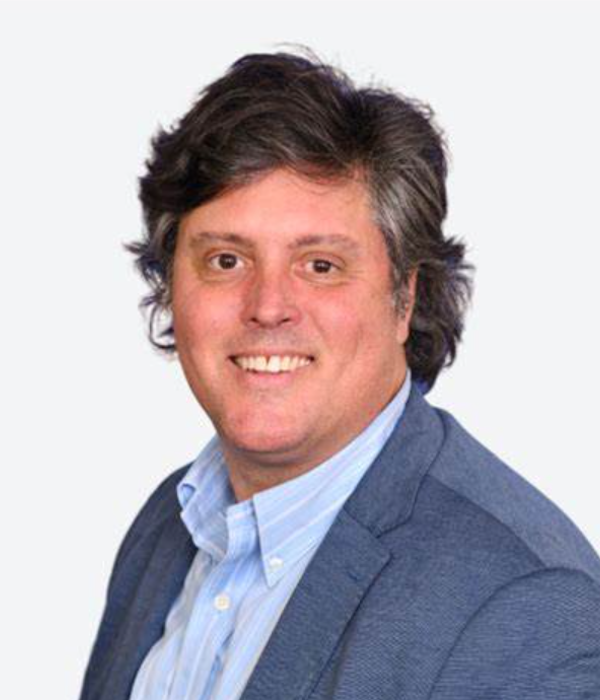
Juan Mazzini
Director at Celent and Head of the Insurance Practice for EMEA, APAC, and LATAM

Juan Mazzini
Director at Celent and Head of the Insurance Practice for EMEA, APAC, and LATAM

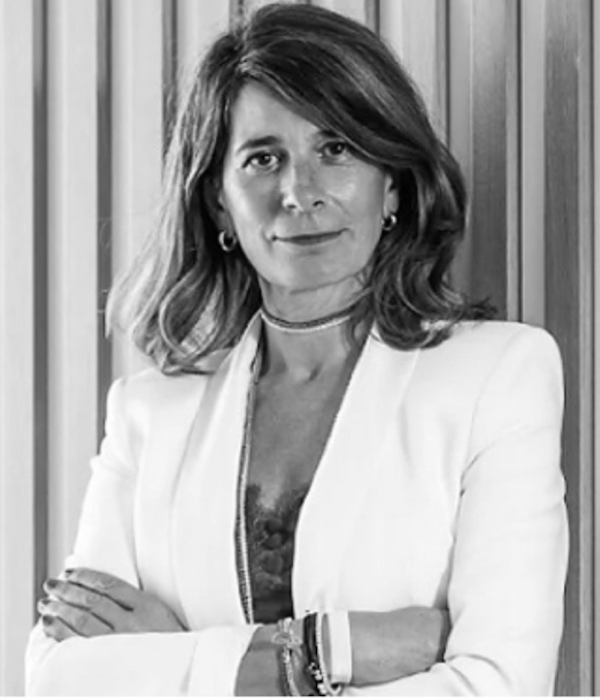
Sonia Calzada
Distribution and Sales Director at Zurich Spain

Sonia Calzada
Distribution and Sales Director at Zurich Spain

Transcription
Welcome to a new episode of Insurance Dialogs by NTT DATA. I am Juan Mazzini, an analyst from Celent, and today with me is Sonia Calzada, Head of Distribution at Zurich Spain. Welcome.
Thank you very much, Juan, for the invitation and many thanks to NTT DATA for this kind invitation to talk about distribution today
To begin with, why don't you tell us, tell the audience a bit about your experience? Today you are in this role and leading distribution, but how did you get here and what do you use daily to effectively fulfil your role?
Well, as Juan mentioned, I am Sonia Calzada, Head of Distribution at Zurich Spain, and this month marks my 32nd year at Zurich. My entire professional career has been developed at Zurich. I started as an intern while studying actuarial science. Most of my career has been within the claims department, but I have held various technical positions and, in the last three years, I have been in distribution.
Great. Very interesting, so you know Zurich's culture very well. I have some questions about that topic which we will return to later, but to start, could you give us your perspective on distribution in Spain, how you see it, and how it is evolving? And well, Zurich's perspective and approach to distribution.
Well, I believe that insurance distribution in Spain has different aspects. In my case, I am focused on distribution through mediation channels, mainly agents and brokers. Both channels are experiencing significant growth because I believe that mediators continue to play a fundamental role in advising clients, when issuing a policy, regardless of its characteristics, and later when a claim occurs. We have seen this recently with the DANA (weather phenomenon in Valencia). I believe that the mediator's role has been very important and continues to grow. For a long time, we have heard that direct insurance would take over.
I see a great opportunity for many clients who think that the intermediary's role is less significant. I still believe it is essential at all times. I think that both last year's results and the recently published forecasts for the future growth of the mediated insurance channel remain very high.
Yes, I completely agree with what you said. Human contact is needed at many moments, not just when selling the policy. From your experience in claims, you know that at the moment of truth, you want someone with enough empathy to put themselves in the other person's shoes.
With the DANA in Valencia, it was like that. The desperation in people's reactions showed that they needed support, and no portal or digital tool can provide that. As analysts, we look at the industry and insurers and recognize when insurers are doing things well. One of those things is daring to innovate, right?
Zurich is a company that dares to innovate and has the ability to do so due to its international presence, allowing it to decide in which country to test different things. In Spain, I see many attempts at innovation. How do you leverage all these innovation efforts from the more traditional distribution?
I liked what you mentioned, Juan, because working in a multinational has many advantages for me. Many of these incubators developed in some countries are then accelerated in others by Zurich. I think it is an advantage, but Zurich itself is a very innovative company in Spain. We have people constantly thinking about how we can do things differently.
I think one of the things we are all focusing on now is everything related to artificial intelligence and, of course, data usage. How do you combine the insurance intelligence of people in the insurance market, both companies and mediators, with data usage to understand trends, what concerns a client, and their buying or selling propensities? This can be used not only to make the company more efficient or to reduce the mediator's administrative tasks,
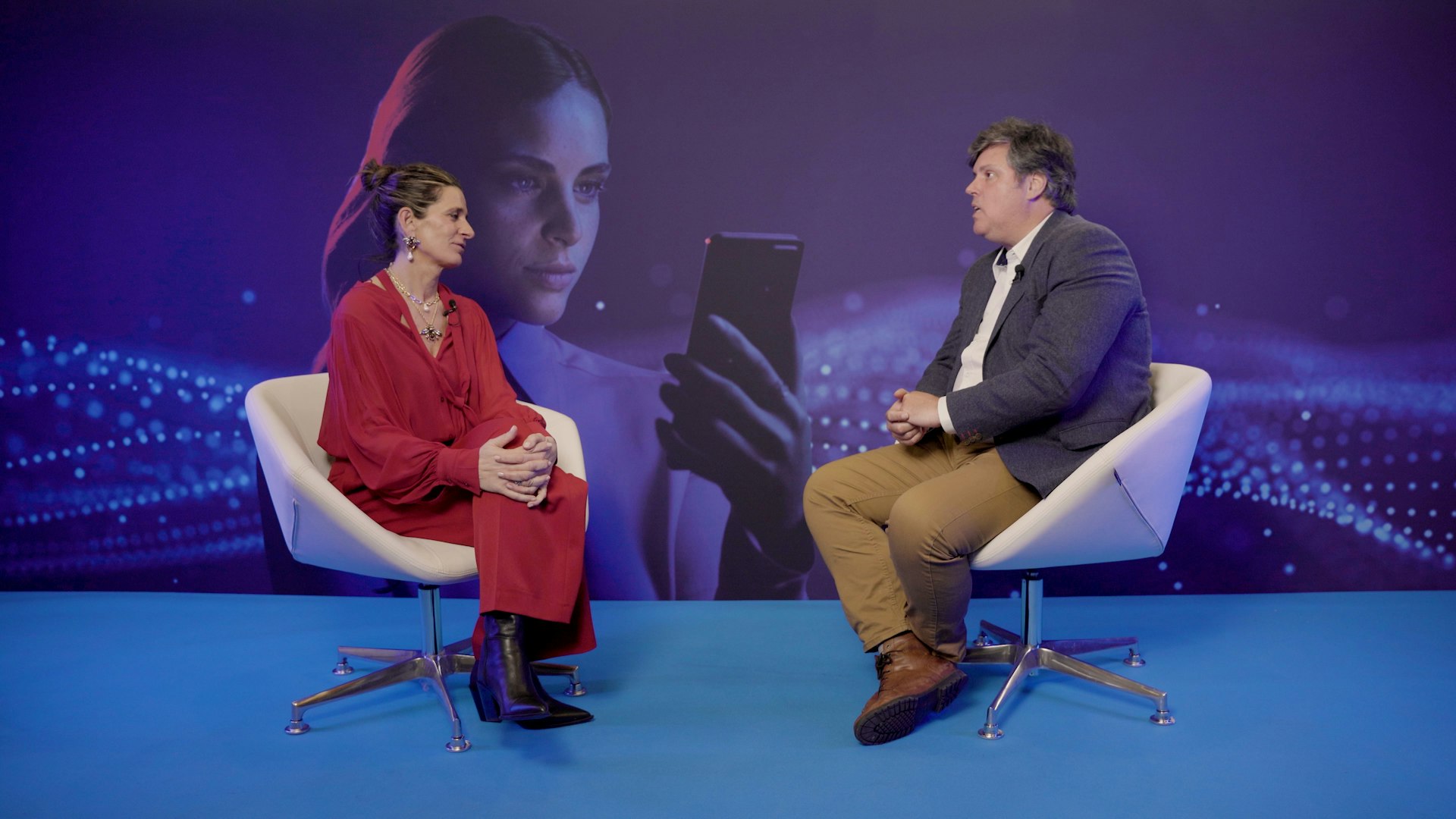
but also to increase the sales and advisory capacity needed by the client. How do you study the client's journey to advise them on their capabilities at each moment? We have identified approximately 35 processes where we could use artificial intelligence, sometimes in simple things.
For example, in the distribution team, we are using it to classify many of the requests we receive. Considering everything that comes in, sometimes we can convert 20%. Many issues are not converted due to lack of time, late entries, or because they haven't been properly studied.
We have started to see the best ways for requests to reach the team and who should begin managing them. I think it's about combining technology with the talent we have today, which we shouldn't overlook.
Yes, totally. I like what you said about leveraging data, not only for what you can work on but also for what you couldn't work on. There's a lot of information there, and having access to that data with capabilities we didn't have before is great. I love that.
But when we talk about innovation, there's also product innovation, right? We see many companies doing the same thing, even when thinking about other channels, it's the same product. In this channel, it's more of a push strategy than a listening one. I liked something you said, and I sense there might be something here too.
When thinking about products, Zurich must have product innovation. In particular, how does the distribution you manage fit with the products you design?
Well, I think in recent years, we have renewed a large part of our products and services. We do it in a way that focuses on providing the best service and capabilities to clients and mediators. We have a co-creation process where we involve many clients in different ways and from different perspectives, starting from their needs. We also do this with our mediators.
We also look at what the market and our competitors have, and from there, we create the best products that we think fit our distribution. These products must be sellable by our distribution and meet the needs of our clients.
I'm talking about clients in general, young and old, from different geographies. We also modulate to make this type of sale. I think it's a lot about listening and then fitting pieces together like Lego, so the products are not standard.
There are products that I see as a second floor, I don't need garden furniture, and not everyone will. So, in the end, you have a Lego that adapts to you and your needs.
It requires a culture, a customer-oriented mindset that is often not common. Active listening and co-creation are not usual. Congratulations on changing a generalized mindset in the industry. I like finding these different things.
Just one thing. Recently, we published a series of organizational changes at Zurich related to this. How can we have a customer vision? We have strengthened the customer team and vision. Silvia, the customer director, integrates service and customer needs. Our retail organization, led by Miguel Iniesta, focuses on the needs we must address through our channels, emphasizing agility, customer vision, and mediator vision.
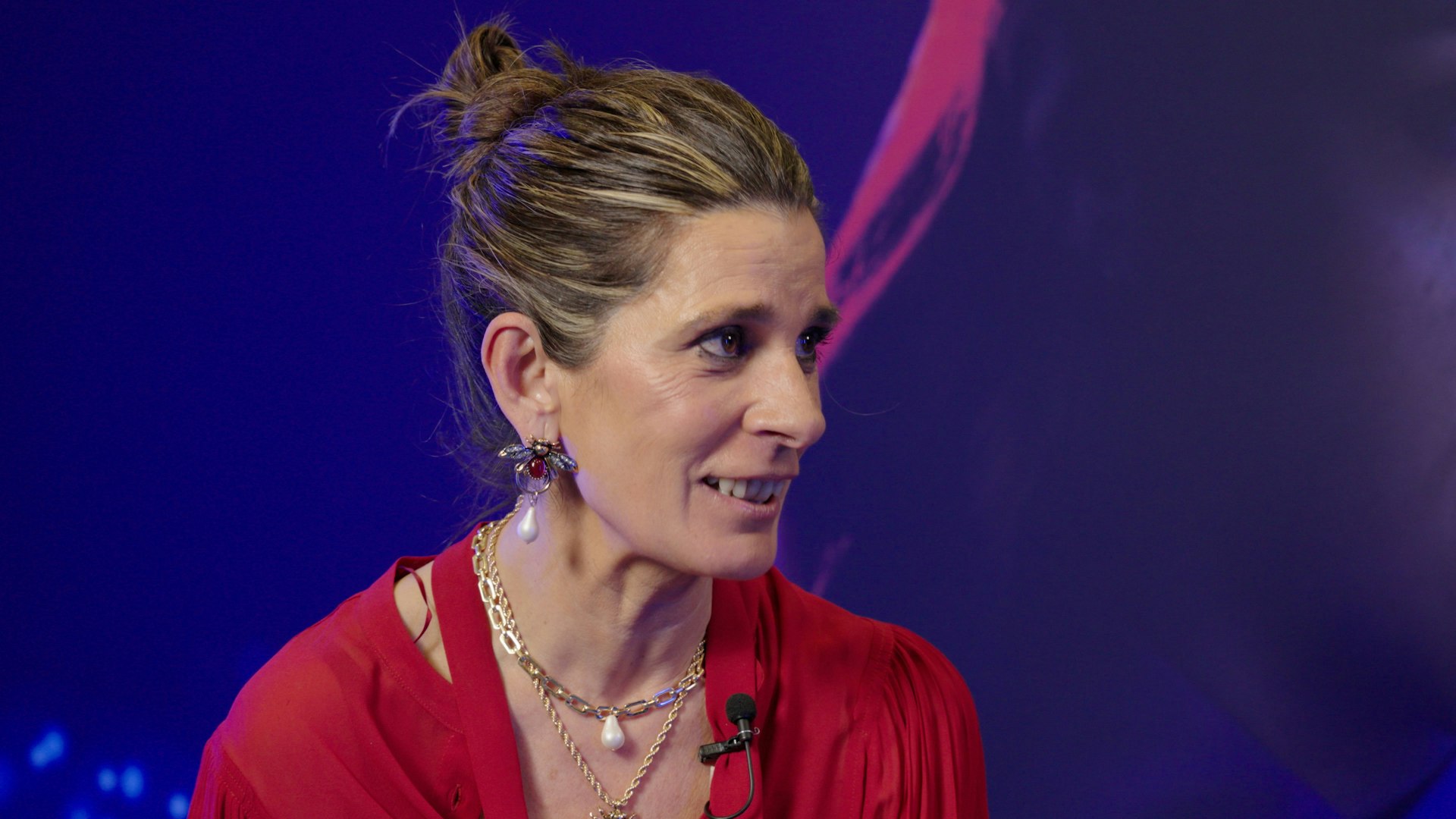
You mentioned the importance of people. The big challenge is the last mile, delivering the value proposition, whether in distribution or claims, through technology but with a true customer-centric culture. That's often the hardest part, and I understand you have it, you mentioned it at the beginning.
Yes, we were also discussing the data culture. I liked reflecting on why mediators want to work with Zurich. Recently, the mediation confidence index was published.
We were rated highly for our products, claims service, and trust. But what stood out was our closeness, our ability to listen, understand client and mediator needs, and offer solutions.
And an interesting point is the ability to reach decision-makers. Anyone can reach our CEO or others to express their opinions and have them considered. It's a bit of culture, isn't it?
A year and a half or two years ago, we conducted a study with mediators to see what they valued when doing business. Those of us who have been in the industry for a long time thought the answer would be higher commissions, right? Surprisingly, it wasn't. It was the ease of doing business, understanding my business as a mediator, and helping me achieve my goals.
When we talk about being customer-oriented in a company where the first customer is the mediator and then the end customer, the insured, it's essential to have the closeness you mentioned. There is total alignment in what you are doing and what the mediators say is important to them.
That's what we try.
I also see Zurich as a socially responsible company, and I'm sure there are initiatives in various areas, from the management bodies. But regarding distribution, if we think about being socially responsible from the distribution side, what are you doing?
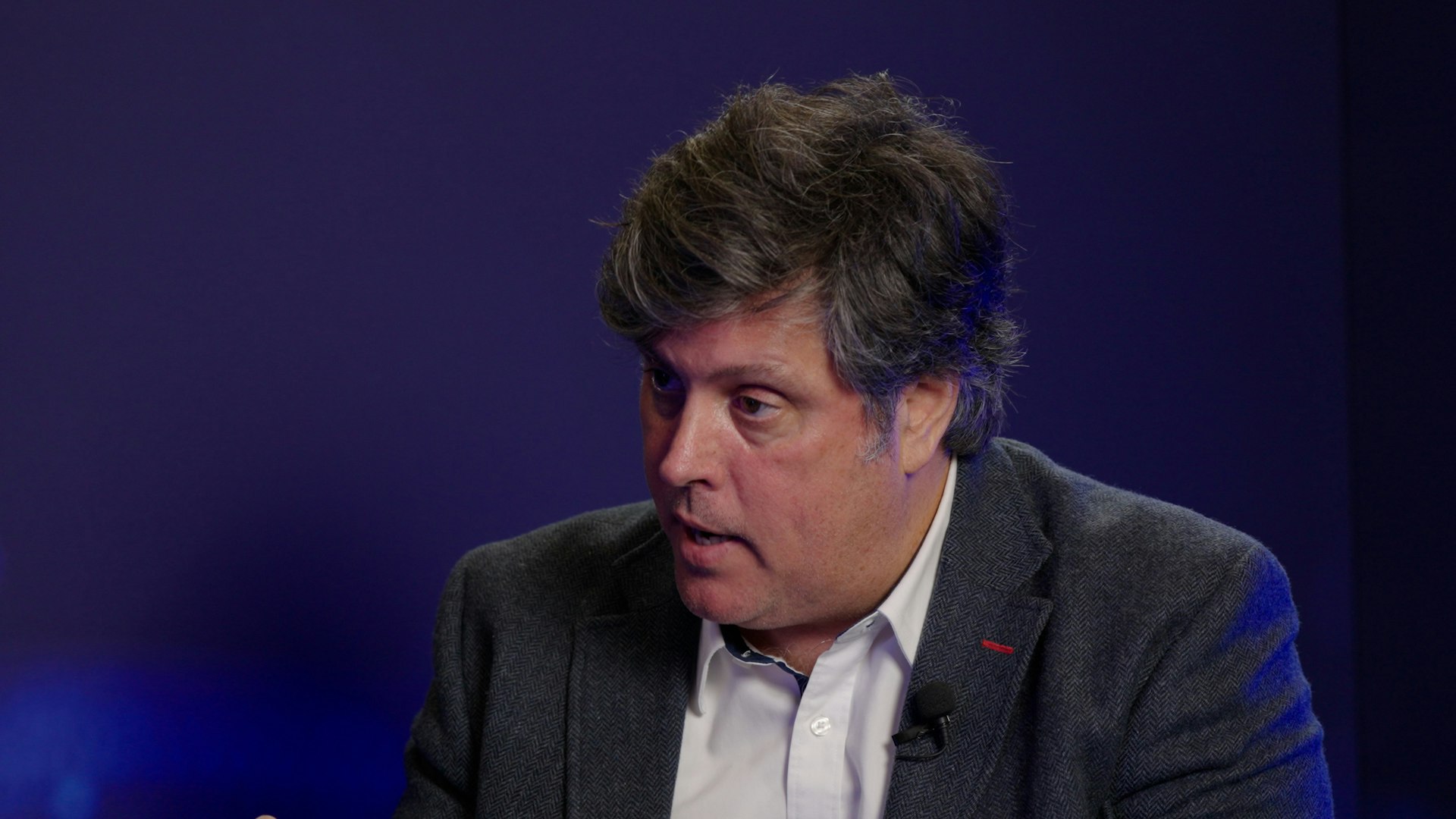
I always say that working in an insurance company or the insurance market, in general, is a privilege because you are constantly doing things that impact people and businesses. I liked the point you made about the insurance sector being 6% of the GDP, but it's not just that because you insure so many things that it's practically the entire economy, most of the economy is insured. So, I think the value of insurance is very important, especially from a social perspective. Therefore, everything you can do to give back to society is important. We set three goals: to grow in distribution, to be better, as we discussed, to be a better, more agile, faster company that is valued and desired to work with, and to be an activist company. This year, internally, we have done over 20,000 hours of volunteer work.
From a distribution perspective, we have taken a step to involve mediators in social activities related to helping young people. For example, how can we help young people with an unemployment rate of around 30-40% find jobs? We have initiatives like dual vocational training, initiatives for young people who are about to give up and decide to drop out, those famous NEETs (Not in Education, Employment, or Training). We also have an initiative through Z-SHAKE to mentor these young people and help them, and of course, with women, everything related to diversity and equality.
We have programs with our female mediators to encourage them to have greater representation in some institutions, to take the lead in companies, which can be challenging. It's also a matter of viability. With the DANA, we played an active role in helping many clients. Now in Madrid, we are inaugurating what we call the Betania Foundation for socially excluded women.
We do this with mediators. Last year, we did a thousand hours with them. This year, we aim to triple the hours in which our mediators collaborate with Zurich in volunteering and helping other people.
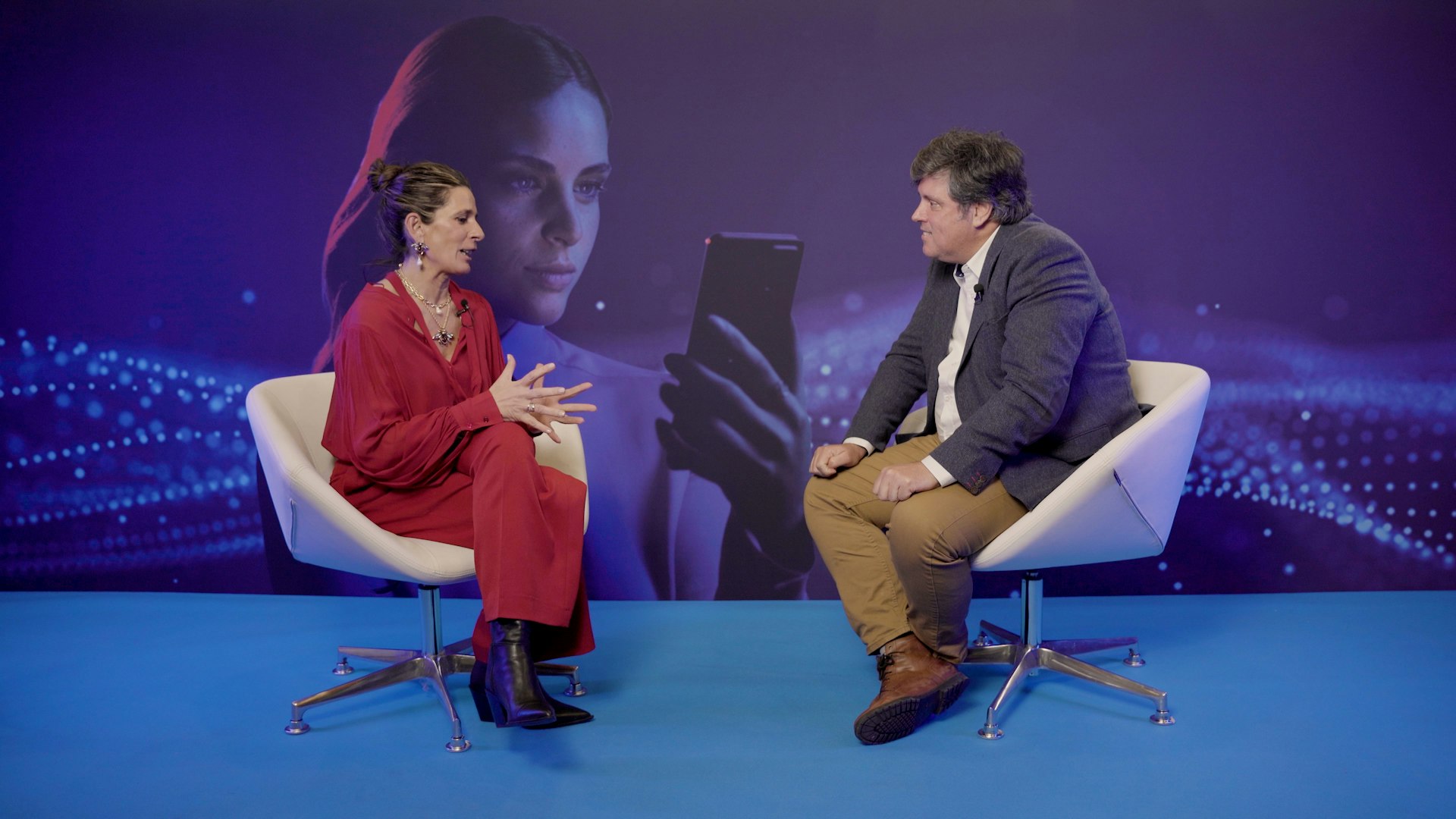
Well, congratulations. It's fascinating. It shows that you love your work at Zurich, which allows you to do all these gratifying things. I completely agree with what you said. Insurance plays a social role by itself. Imagine a day without insurance, and nothing would work.
No one would dare to start a business, no one would take risks. I fully agree. Again, congratulations. I love what you are doing. I hope to have another dialogue with you soon and learn even more. Thank you very much for your participation today in Insurance Dialogs by NTT DATA.
Thank you, Juan, and thanks to NTT DATA. It's a pleasure to work with them, collaborate, and listen to them because they are a true reference in everything happening in the insurance sector, in data usage, artificial intelligence, and talent generation.


